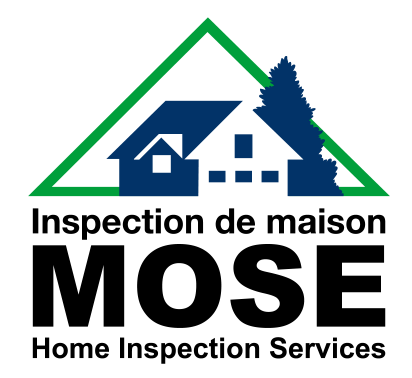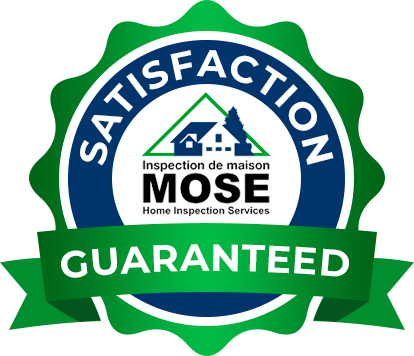Condo Living: Is it for You?
Can’t stand the smell of smoke? Doggy doo-doo makes you gag? You like to express your style by painting your balcony railings red? Having 1970’s shutters on your windows makes you feel at home? – Or maybe you smoke and have 5 cats?
Depending on your lifestyle and habits, condo living might be perfect for you – or perhaps, it’ll make your home life miserable. It’s worth a little investigation.
The 2011 National Household Survey (NHS) revealed that 12.1% of Canadians live in condominiums, the concentration of which are in major cities. In Montreal, 13.2% of the population lives in a condo.
For city life, condos are cheaper than stand-alone properties, and often come with amenities like parking, a gym, snow removal and roof maintenance.
However, condo living is not like owning your own bungalow. The old saying “my house, my rules” does not completely apply. When you buy a condo, you’re moving into an established community with its own rules, values, history and culture. It’s your house, but run by collective rules.
Once you decide you’re going to buy a condo, you’ll want to want to know if the community supports your lifestyle and shares your values. It might fit like a glove, but then again, if you’re not informed and understand what you’re getting into it could turn into disappointment, frustration, anger, and possibly a series of legal letters.
In addition to checking the neighborhood school, the kitchen cabinet design, and distance to work, it’s important to do a little digging on how your new condo community operates.
“You need to know who’s handling the administration of the complex. Is it self-managed or managed by an outside firm” says Joanne Smith, who’s been living in a condo community since 1988. She is currently the chair of the board for her condo association and has been an active member of the association for a number of years. “Make sure you ask for the Declaration – the rules of condominium association” advises Smith. “That’s where you start.”
Condo responsibility
It’s really important to be diligent and find out who’s responsible for what, Smith advises. “People think that once they buy a condo they don’t have any responsibilities; it’s a way out of maintenance and usually a cheaper way to buy.” However, there’s certain responsibilities that comes with condo life too, says Smith.
Sure, you’re not responsible for the roof, or the building itself, or maintaining the common grounds, or cutting grass, or shoveling snow; but you still have to pay for the work to be done. That’s where condo fees come in. If the condo fees are low and there’s a water stain in your unit coming from the roof (the responsibility of the condo association) you have to ask yourself, is this condominium well managed? Lower condo fees may not necessarily be a good thing.
Plus, you’re still responsible for the maintenance of your unit, and you’ll have to follow certain rules. In Smith’s townhouse condo complex, she says “The association decided all window frames should be white to maintain a certain esthetic. There was also a rule that all doors had to be certain a colour, but that changed. Railings should be white or black. Our by-laws state that co-owners must inform the association before they make certain changes e.g. to their outdoor lights and co-owners must keep their garbage and recycling bins inside their patio area.” She explained that the majority of issues are related to dogs, garbage, noise and smoking.
“It differs from owning a private home. There are pros and cons,” she says.
Smith’s condominium complex is self-managed; co-owners who want to get involved are elected annually to the association and assume responsibility for the administration; members of the association are paid a nominal remuneration for their services based on their responsibilities. Retired, Smith has the time at the moment to be active. She says that while condo life takes adjustment for some, there are a lot of benefits too.
“One of the wonderful things about my complex is it has a lot of green space and the outdoor pool is a tremendous draw. The lifeguards offer swimming lessons for children and aqua fitness classes for the adults. There are pool parties, bbq’s on a weekly basis, and a close of season party, and arrangements for all these activities are handled by co-owners.” She says that for families with children the pool creates an instant community.
5 Documents Condo Buyers Should Read
Once you’ve decided you’re interested in a condo, there are 5 documents you’ll want to review carefully.
- Condo Association Declaration – What are the rules and regulations of the condominum ? What are the responsibilites of the association ? What are the responsibilities of the co-owners? How are members elected to the association ? How often does the association hold meetings ?
- Financial Statements of the last 2 years – Are the condo fees covering all the major expenses? Does the condo association have a prudent Reserve Fund to cover ? Have there been situations in the past where members had to make additional payments (Special Assessments) due to a shortage in the Reserve Fund? What have been the percentages by which the condo fees have increased year over year ?
- Minutes of the last 2 Annual General Meetings – What have been the major issues? Are major expenses expected soon? Is there a pool and gym? Are there issues with these these facitlities? Does the pool need to be resurfaced? What Is the elevator constantly needing repair? Is there enough money in the Reserve Fund to cover all the repairs?
- Minutes of the last 3 condo association meetings – How often does the association meet ? What kind of issues have been raised by co-owners? What actions were taken to resolve the issues ? What issues are outstanding and how long have these issues been outstanding ?
- Condo Inspection Report – It is important to hire a home inspector knowledgeable in condos to inspect the unit you want to buy. Has the unit been well-maintained? How old and water tight are the windows and the patio door ? Is there a high likelihood of leaks, or cracks? Are railings properly installed? Is there any evidence of mold? Knowing the condition of the unit will help you understand what you’ll need to repair and to negotiate purchase price. Has the property been well maintained ?
“If you’re someone who likes community, you’ll love it,” Smith speaks from experience; she’s been living in her condo since 1988, and loves it. “If you’re stubborn and want things a specific way, it might not be for you.”
“A successful approach for condo living is to live in your complex as if you’re a good guest.” says Smith. “That’s not for everyone.”

